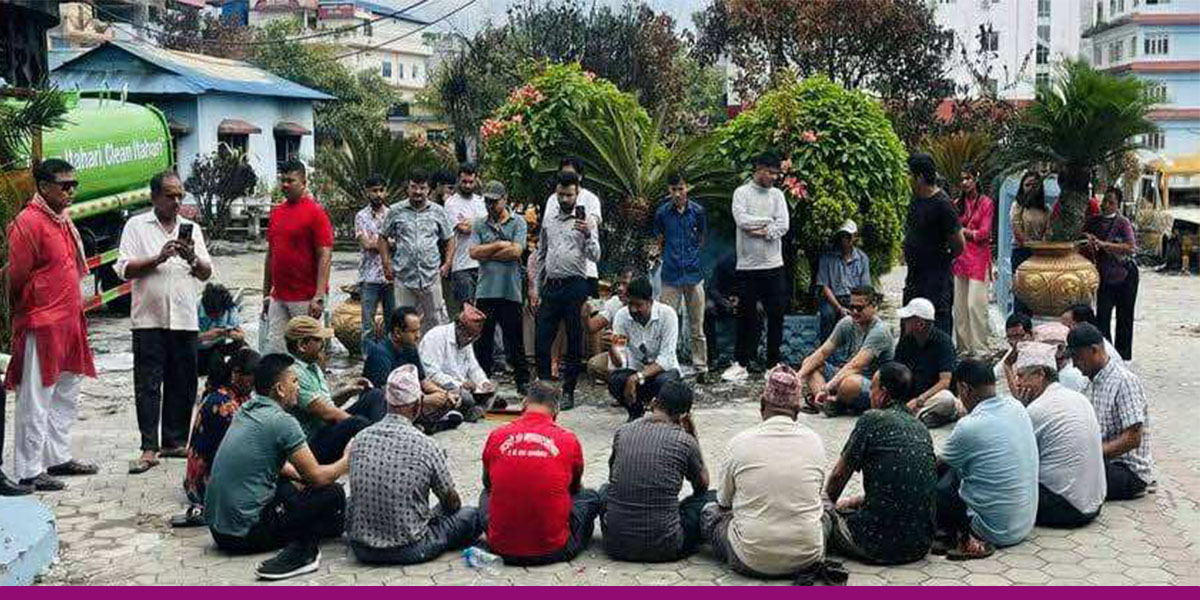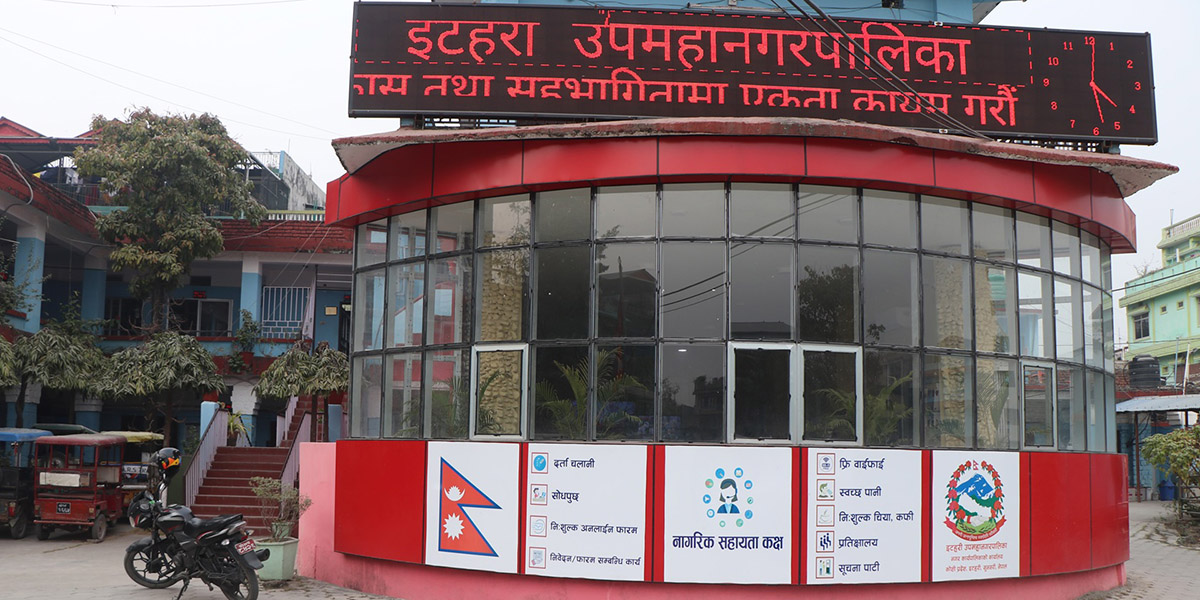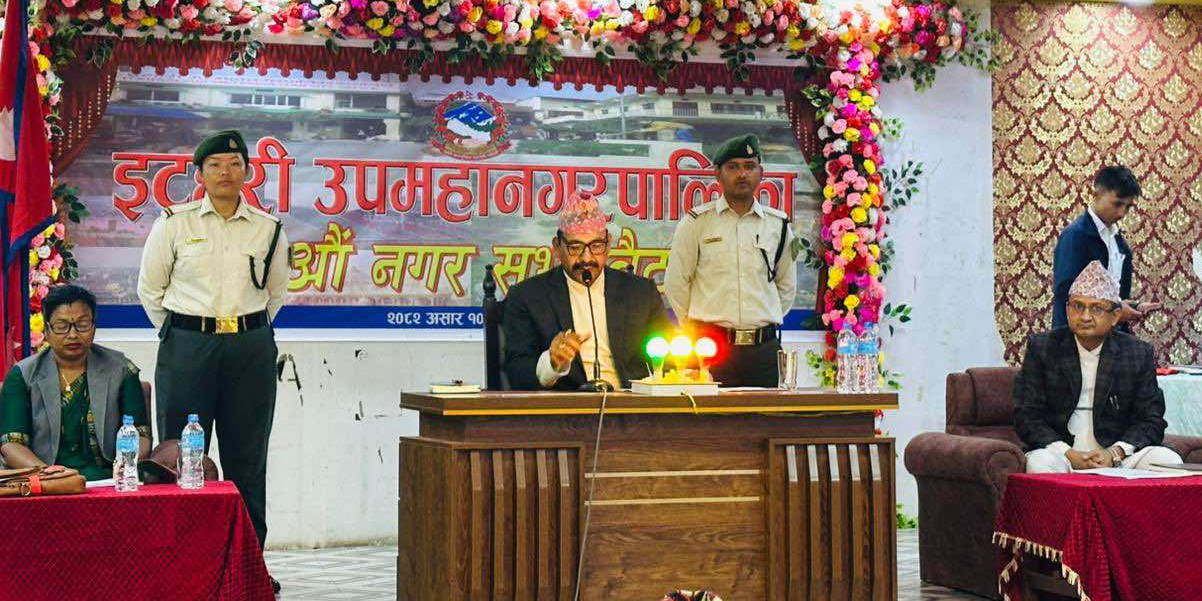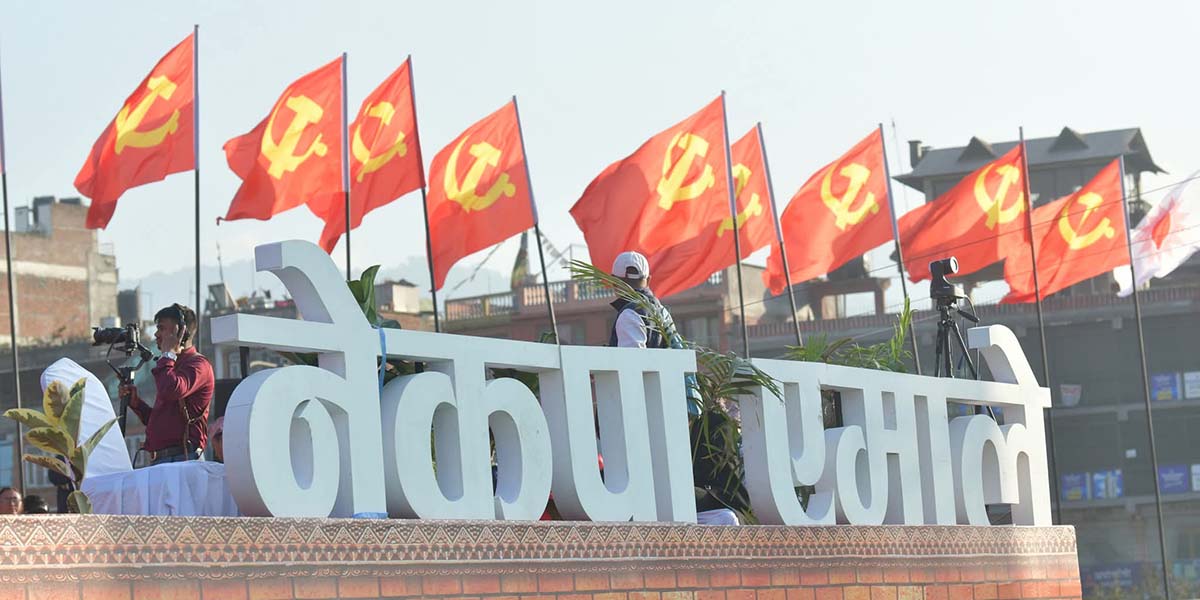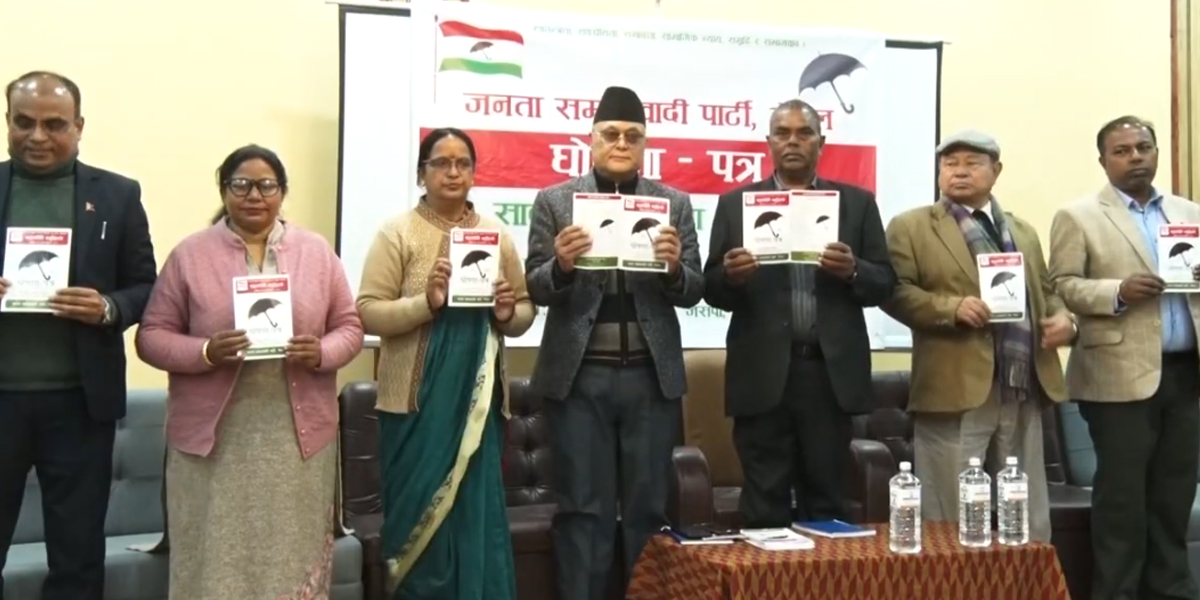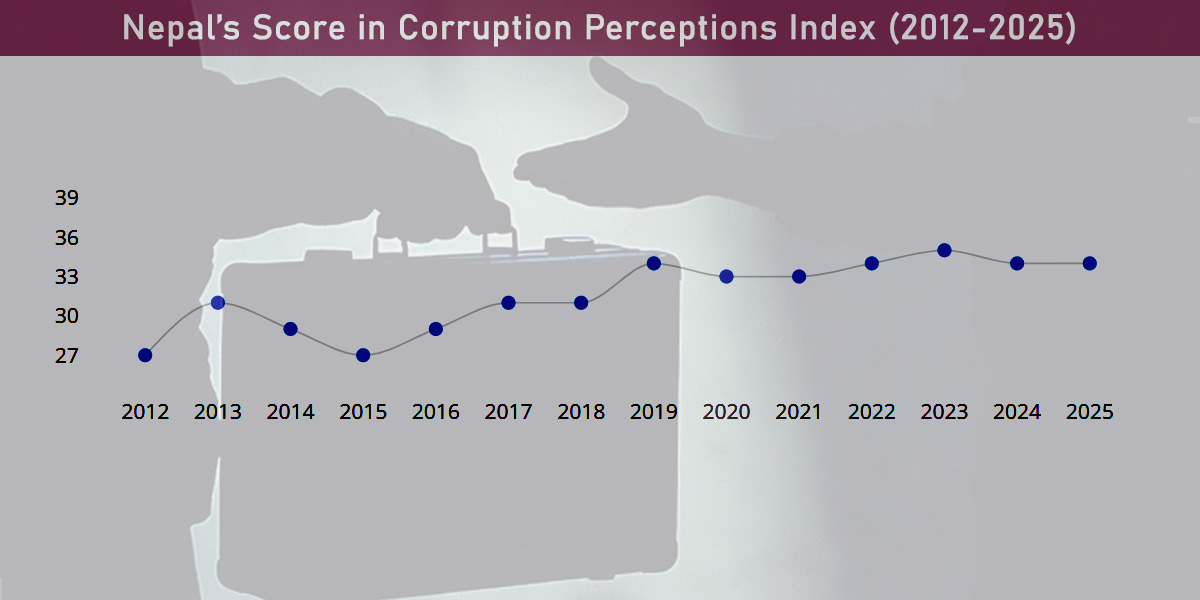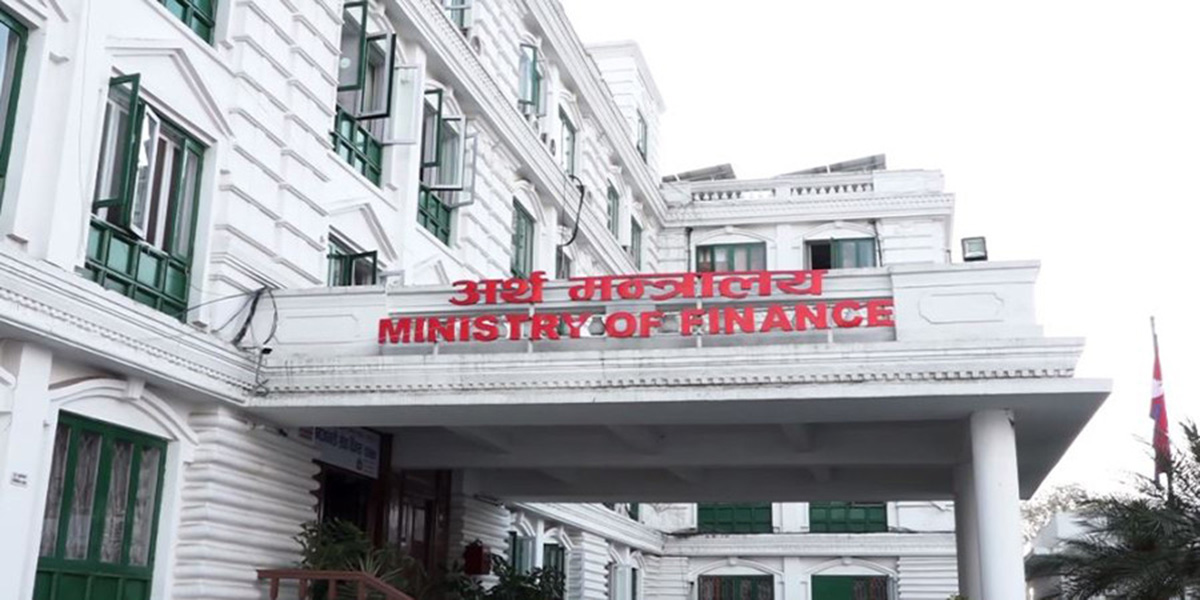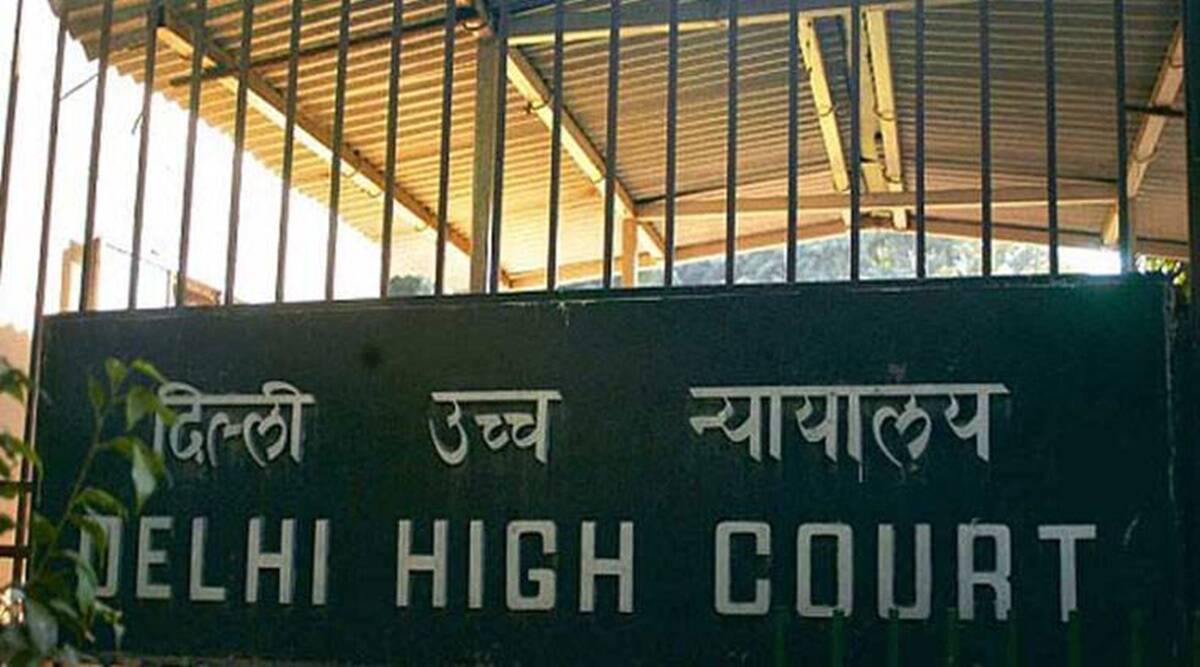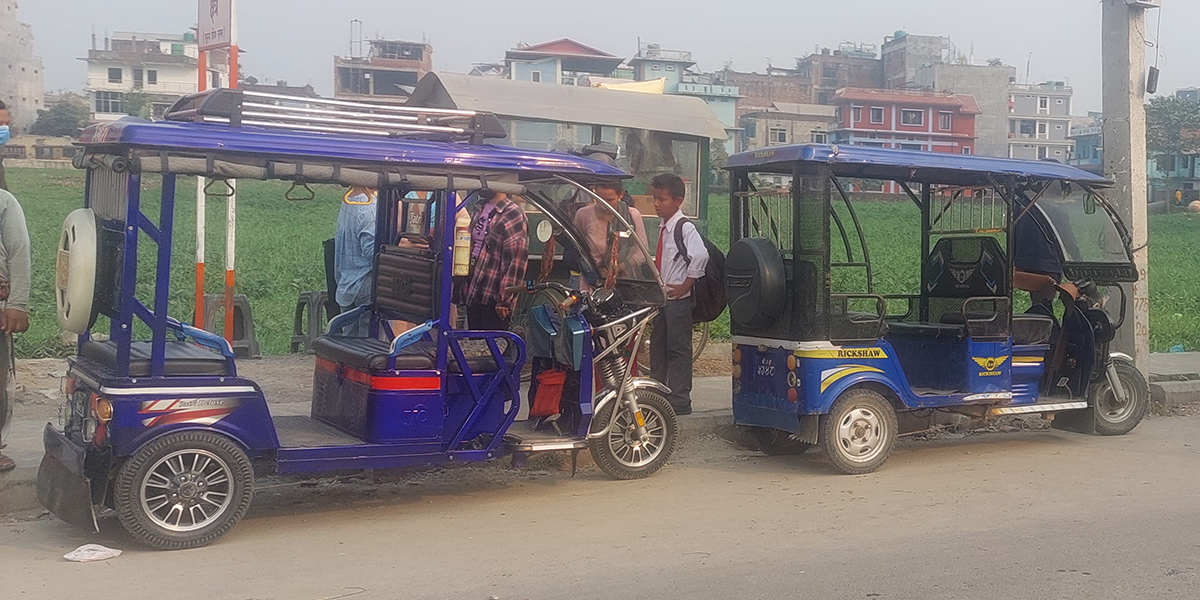
ITAHARI: Ten years have passed since Pari Rai, a resident of Itahari-20, started driving an electric rickshaw locally known as city safari to earn a living. Before venturing into this profession, Rai had worked in various countries such as Malaysia and Iraq. However, she now earns her livelihood in her homeland. Initially, Rai used to earn a daily income of at least Rs. 2,000. However, with the increase in the number of city safaris in the area, her income has decreased significantly.
“Nowadays, it is difficult to earn even Rs 1,000,” Rai laments.
Most of the electric rickshaw drivers in Itahari are returnees from foreign countries.
Manoj Podar was a bicycle mechanic before he started driving the City Safari. According to Podar, the income from driving the rickshaw is good. However, he faces numerous challenges in policy matters.
One of the significant challenges faced by electric rickshaw drivers in Itahari is the lack of charging stations in the market area. Consequently, all the drivers have to charge their electric rickshaws at home. Although a fully charged battery can last up to 100 kilometers, range is always an issue for drivers. As there are no charging stations in the market area, drivers cannot sit and charge their rickshaws when they do not get passengers. Drivers often rush home when their are about to run out of charge. As a result, the drivers say that their income is not as expected.
City safari has been operating in Itahari for the past 11 years. Initially, the rickshaws had a capacity of three passengers. However, currently, four-seaters are more popular.
Electric rickshaw drivers are facing various issues as the government has not established a clear policy regarding their operations. One of the major concerns is the lack of clarity on whether electric rickshaw drivers need a driving license.
Electric rickshaw drivers are facing various issues as the government has not established a clear policy regarding their operations. One of the major concerns is the lack of clarity on whether electric rickshaw drivers need a driving license. Manoj Podar, a City Safari driver, states that sometimes police check for licenses on the road, while at other times, they ignore the issue altogether.
Another significant challenge is determining the authorized agency responsible for vehicle registration. It is unclear whether the local government or the transport office is responsible for registration. Despite this ambiguity, most of the electric rickshaws are registered at the local level and continue to operate.
Rakesh Regmi, a Police Inspector at the Traffic Police Office in Itahari, informs that they are currently working on managing electric rickshaws. “We are teaching the drivers about traffic rules, including lane discipline and prohibiting haphazard stopping,” he states, “We are also taking action against those who do not follow traffic rules.”
Currently, around five thousand electric rickshaws are operating in Itahari, with prices ranging between Rs 200,000 to Rs 300,000. Banks and financial institutions also provide loans to individuals interested in purchasing electric rickshaws. As a result, small investments have contributed significantly to job growth.


